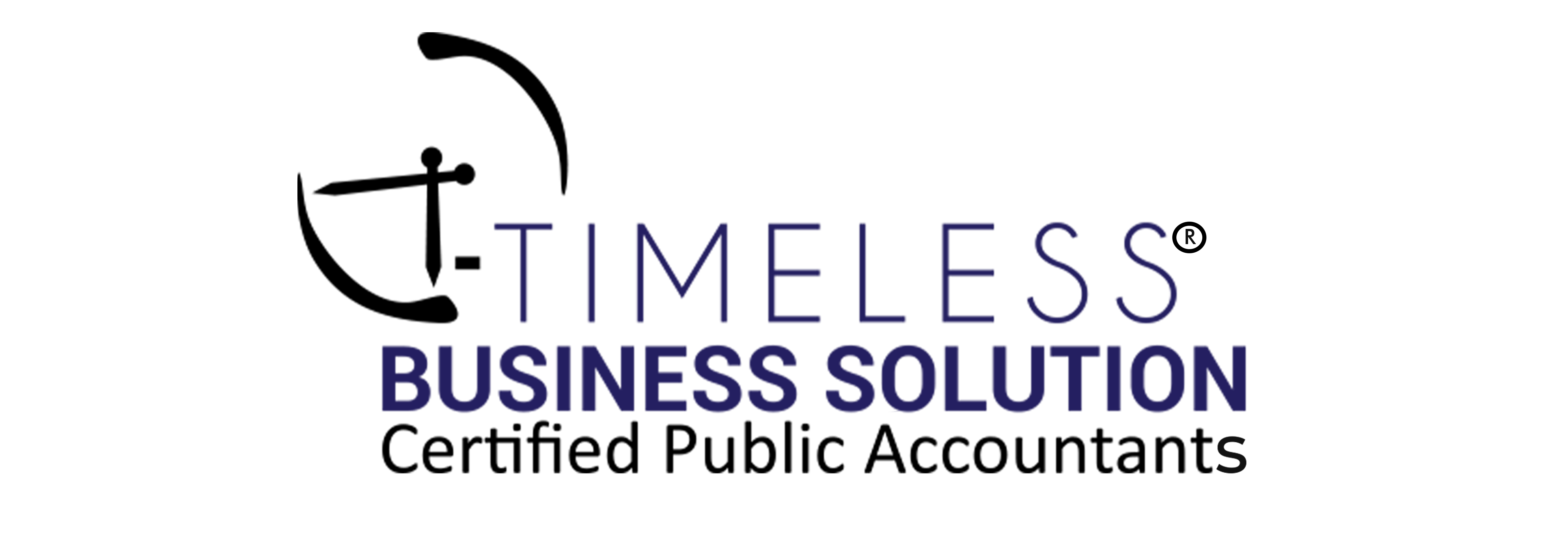The growing influence of fraud and corruption, and the manner in which these are perpetrated, requires a stable response by ensuring a proper investigation of facts. This course is aimed at imparting a detailed understanding of the investigation process. Forensic audit is an important subject to accountants, auditors, managers and forensic investigators in both private and public sector. In this course, participants will gain prominence in the detection and prevention of financial crimes especially in private and public organizations. Specific skills will be taught such as the application of special skills in accounting, auditing, finance, quantitative methods, the law and research including quantitative skills to collect, analyze, and evaluate financial evidence, as well as the ability to interpret and communicate findings.
Course Objective
The course is intended to impart participants with prominence in the detection and prevention of financial crimes especially in private and public organizations
Learning Outcome
After the course, participants will be able to;
- Describe the main factors to prevent corporate
fraud - Appreciate the impact of corporate culture on the
incidence of fraud - Detect symptoms of fraud and apply preventive measures in their organizations
- Apply best practices for preventing and controlling fraud
- Determine whether an individual or an organization has engaged in any illegal financial activities
Target Group
Accountants, Finance Managers, Middle level and top level managers, Forensic Investigators, Internal and External auditors, controllers, analysts.
Module 1: Introduction
- The concept of fraud
- First and foremost fraud is a people problem. It
is not an accounting dilemma. - The primary perspective here is internal fraud.
- Fraud criminal deception the use of false
representation - OED
Module 2: Defining Occupational Fraud and Abuse
- The use of ones occupation for personal
enrichment through the deliberate misuse or
misapplication of the employing organisations
resources or assets - At all levels of an organisation
Module 3: Elements of Fraud
- A material false statement
- Knowledge that the statement was false when it
was uttered - Reliance on the false statement by the victim
- Damages resulting from the victims reliance on
the false statement - The Fraud Triangle and causes of fraud
Module 4: Major areas of exposure
- Corruption, which includes conflicts of interest,
bribery (including kickbacks), illegal gifts, and
economic extortion - Misappropriation of assets, which includes
skimming, theft, and asset misuse and - Financial statement fraud, which can include
financial (either asset or revenue over- or
understatements) and non-financial components
Module 5: Prevention VS Detection
- Prevention is better than treatment
- In order to prevent fraud there is a need to make
an organisation immune against fraud
Module 6: Reducing the risk of fraud
- The means to reduce risk
- Prevention
- Reduce the opportunity for
- Deterrence (punishment)
- Detection
- Detection of fraud is much more costly
- Responsibility of Fraud Prevention (Management and good corporate governance)
- Elements of prevention (honesty, ethics, policies and procedures)
Modules 7: Step by step forensic audit and investigation
- Scope
- Estimated procedures
- Plan of action – order and timing of procedures, dividing the steps
- Underlying framework – company policies and/ or legislation
- Identifying role players, stakeholders, process owners and /or interviewees
- Identifying and listing evidence/data needed in line with estimated procedures and the custody
- Data analytics
- Review of documents
- Experts
- Interviews
- Reporting
Module 8: Risk based auditing
- Basic concepts
- Framework
- Identifying risk areas
- Uncovering how to adopt risk-based approach in internal auditing
- Review enterprise risk management and how to effectively establish a framework in your organisation
- Evaluate internal audit’s readiness to adopt a risk based approach
- Develop a plan for how to implement risk based auditing
Risk management techniques







